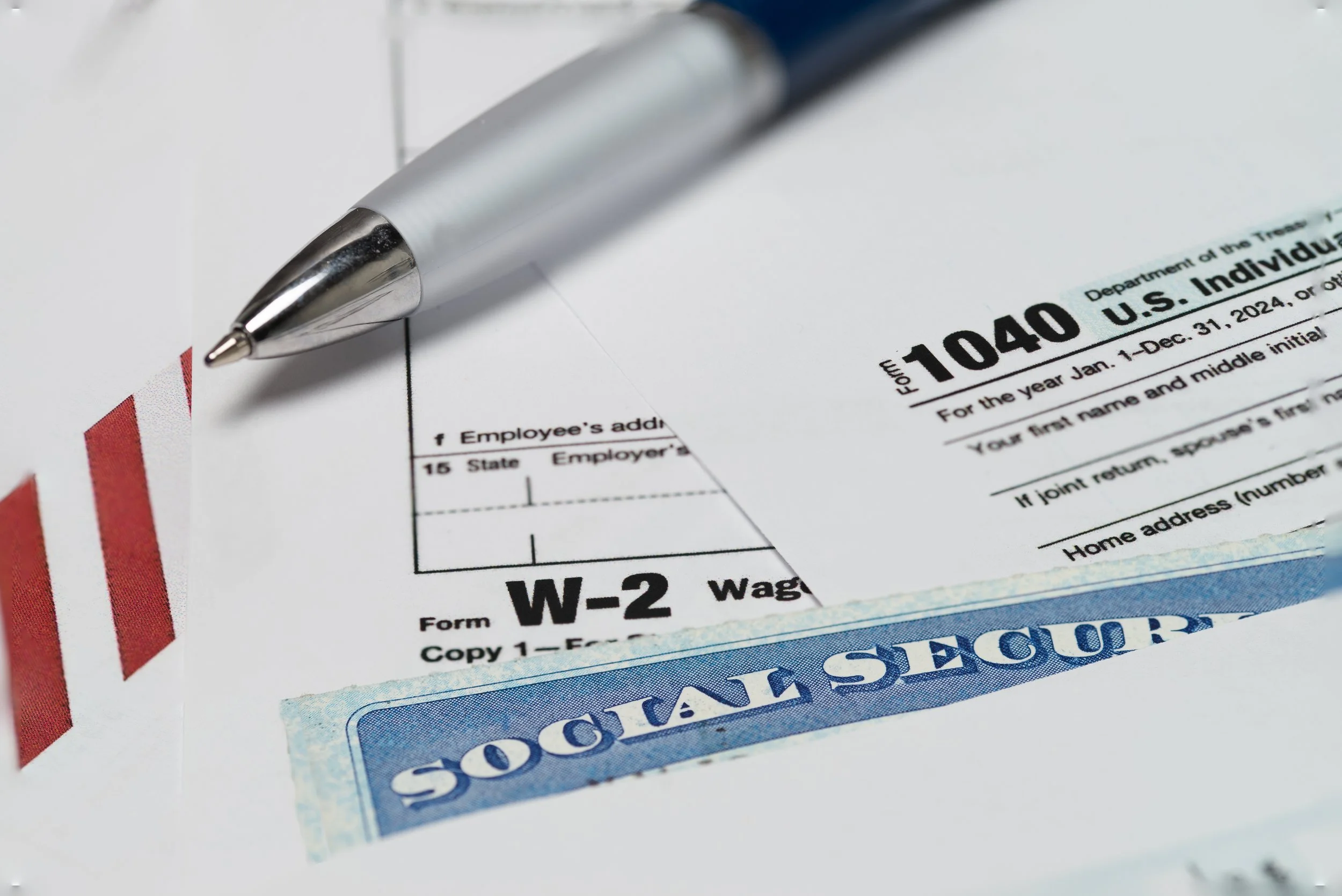Did OBBBA Eliminate Taxes on Social Security?
Many people are wondering if their Social Security benefits are no longer subject to income tax as part of the One Big Beautiful Bill Act (OBBBA), which was signed into law by President Trump on July 4, 2025. The answer is yes and no, depending on your income. According to a study by the Council of Economic Advisors, approximately 88% of seniors will no longer pay federal income tax on their Social Security benefits.
While OBBBA did not technically address taxes on Social Security benefits, it increased the standard deduction and provided a “temporary” enhanced deduction for individuals and couples age 65 and older which effectively eliminates taxes on Social Security for most Americans. According to a statement from Social Security Administration Commissioner Frank Bisignano, “This is a historic step forward for America’s seniors. For nearly 90 years, Social Security has been a cornerstone of economic security for older Americans. By significantly reducing the tax burden on benefits, this legislation … helps ensure that seniors can better enjoy the retirement they’ve earned.”
Here's the skinny. As part of OBBBA the standard deduction in 2025 for taxpayers who don’t itemize was increased from $15,000 to $15,750 for individuals, and, for married couples filing jointly, from $30,000 to 31,500. The act preserved the existing additional deduction for Seniors of $2,000 (for individuals) and $3,200 (for couples). But the big news is that for those age 65 and older, it provides another $6,000 deduction for individuals making $75,000 or less and a $12,000 deduction for couples making $150,000 or less. So that is a combined senior deduction of $23,750 for individuals and $46,700 for couples. The deduction phases out for incomes above these limits, disappearing entirely at $175,000 (individuals) and $250,000 (couples).
Since most retirees’ incomes are below these thresholds, they will no longer pay taxes on their Social Security benefits. Unfortunately, the bonus over-65 deductions are temporary and will expire after 2028, unless Congress takes action to extend them. So, for now, almost 90% of seniors receiving Social Security benefits can breathe a sigh of relief knowing their benefits will not be subject to federal income taxes, at least through 2028.
